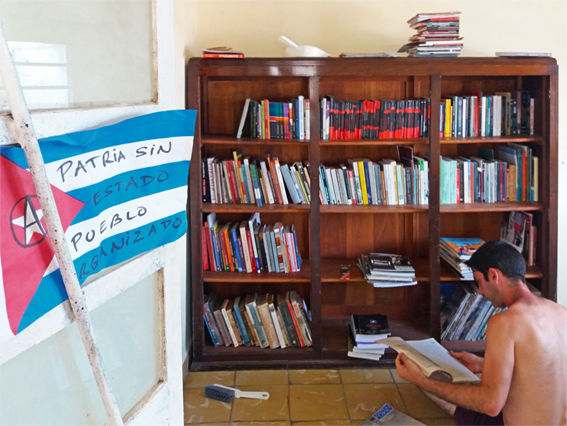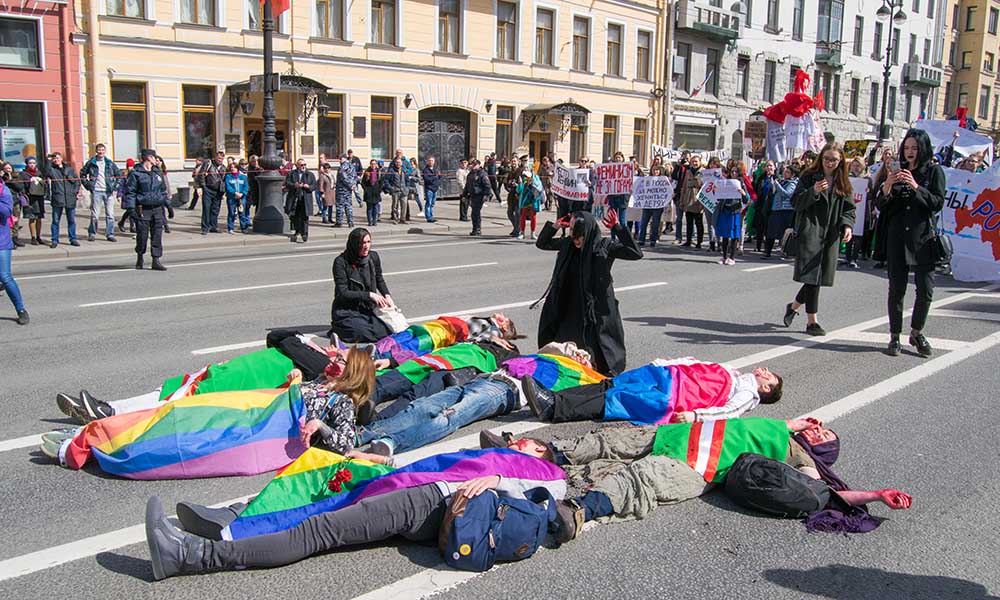Afghanistan: air-strikes spike in anti-opium drive
US forces in Afghanistan have dropped more munitions in the first three months of 2018 than during the same time period in 2011—a time widely considered the height of the war. The spike in bombing comes after years of drawing down US troops across the country's remote rural areas—and therefore relies increasingly on technical rather than human intelligence. Figures released by US Air Forces Central Command indicate 1,186 "munitions expended by aircraft" in January, February and March this year. In 2011, during those same months, the military documented 1,083 weapons released from both manned and unmanned aircraft. The increase in "kinetic air operations" is part of a strategy to degrade the Taliban’s finances by targeting drug labs, which the insurgents are believed to tax. (Photo: USAF)




